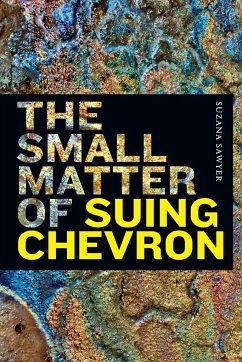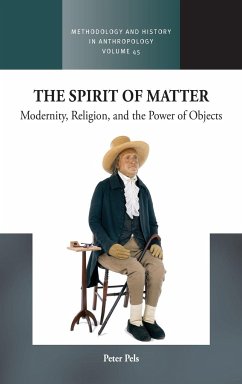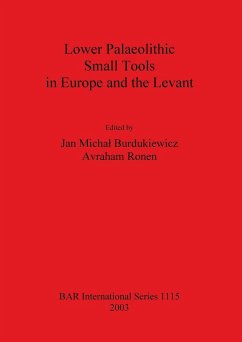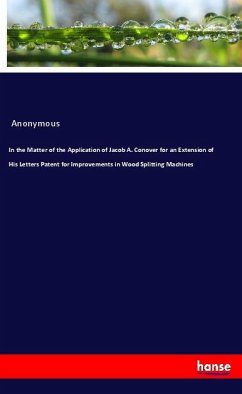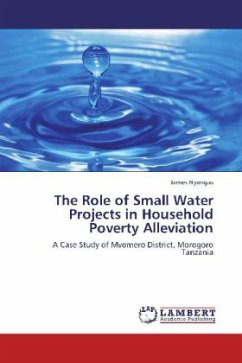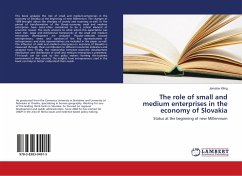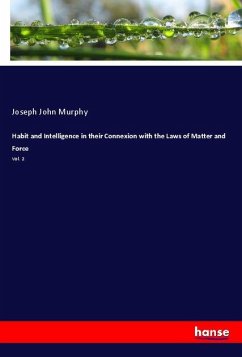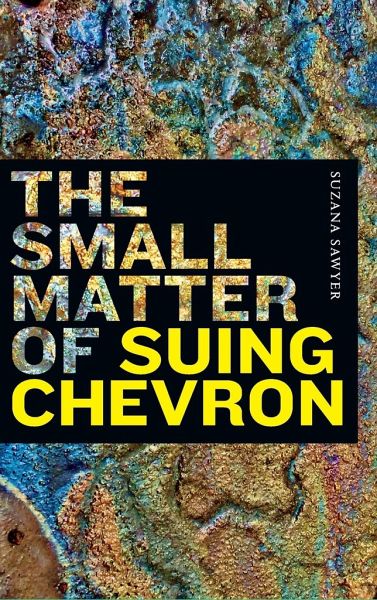
The Small Matter of Suing Chevron

PAYBACK Punkte
54 °P sammeln!
In 2011, an Ecuadorian court issued the world's largest environmental contamination liability: a $9.5 billion judgment against Chevron. Within years, a US federal court and an international tribunal determined that the Ecuadorian judgment had been procured through fraud and was unenforceable. In The Small Matter of Suing Chevron Suzana Sawyer delves into this legal trilogy to explore how distinct legal truths were relationally composed of, with, and through crude oil. In Sawyer's analysis, chemistry proves crucial. Analytically, it affords a grammar for appreciating how molecular, technical, a...
In 2011, an Ecuadorian court issued the world's largest environmental contamination liability: a $9.5 billion judgment against Chevron. Within years, a US federal court and an international tribunal determined that the Ecuadorian judgment had been procured through fraud and was unenforceable. In The Small Matter of Suing Chevron Suzana Sawyer delves into this legal trilogy to explore how distinct legal truths were relationally composed of, with, and through crude oil. In Sawyer's analysis, chemistry proves crucial. Analytically, it affords a grammar for appreciating how molecular, technical, and legal agencies catalyzed distinct jurisdictional renderings. Empirically, the chemistry of hydrocarbons (its complexity, unfathomability, and misattribution) significantly shaped competing judicial determinations. Ultimately, chemical, scientific, contractual, and litigating techniques precipitated this legal saga's metamorphic transformation, transmuting a contamination claim into an environmental liability, then a racketeering scheme, and then a breach of treaty. Holding the paradoxes of complicity in suspension, Sawyer deftly demonstrates how crude matters, technoscience, and liberal legality configure how risk and reward, deprivation and disavowal, suffering and surfeit become legally and unevenly distributed.





